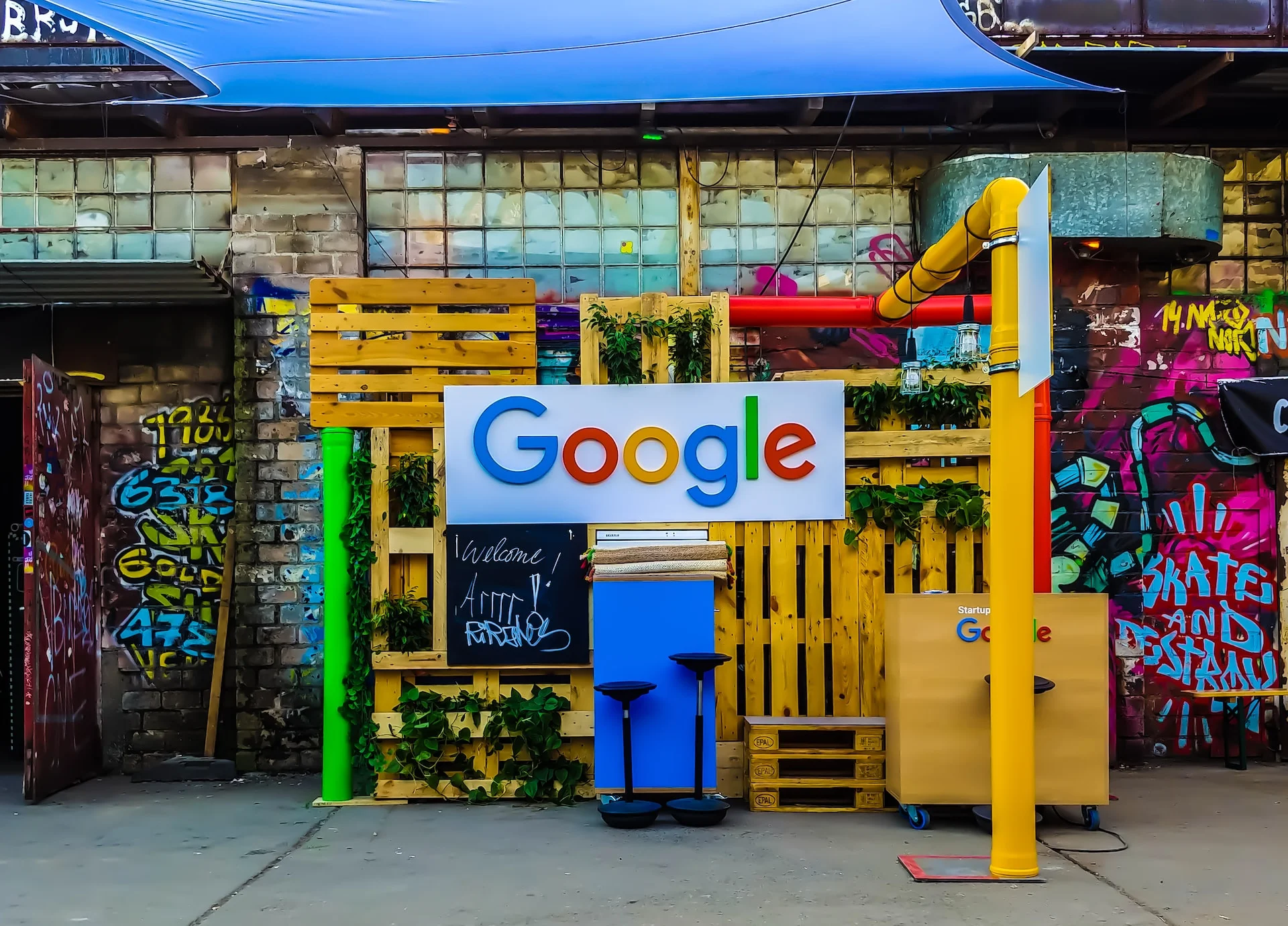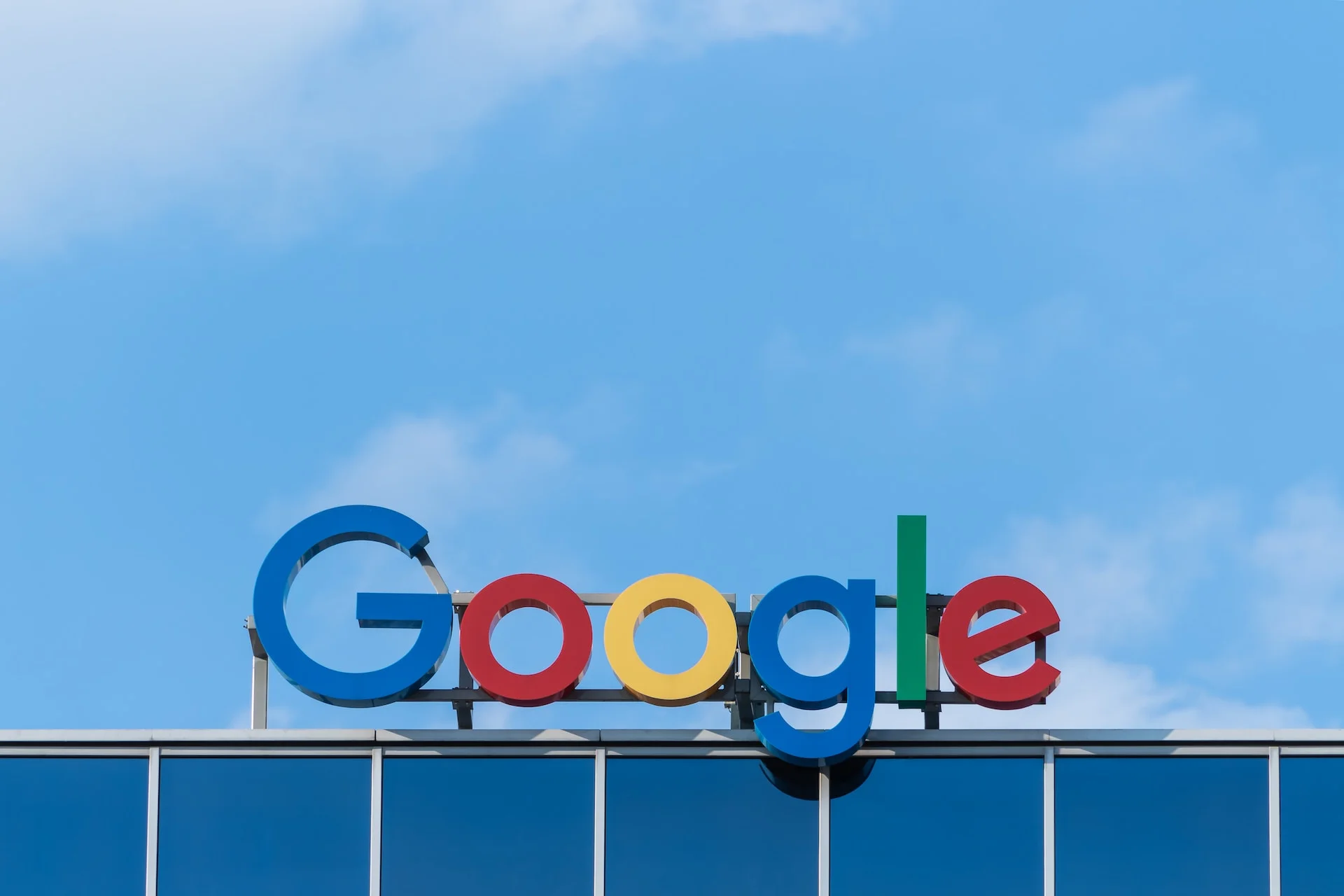Google’s record-breaking $700 million settlement resolving a lawsuit over its Play Store dominance has massive implications for the mobile app ecosystem. This in-depth post covers what’s changing, why it matters, what experts think, and what’s next in the legal battles around Big Tech’s power.
Overview: A Hard-Fought Deal
After over two years of litigation, Google agreed to pay $700M to settle a monopoly lawsuit filed by 36 U.S. state attorneys general. The core allegation? That Google unlawfully maintained a monopoly over Android app distribution by blocking competitor app stores and forcing developers to use its payment system.
The settlement requires Google to make major concessions around payments, store choice, and developer communications – potentially shaking up the app economy. But some argue it’s a slap on the wrist for a $1.6 trillion company.
Key Settlement Terms: Cracking Open Google Play
While complex legal documents outline the deal, these are the key changes Google must now make:
- Alternative billing systems
Google can no longer mandate its payment system for digital purchases. Developers can choose to process in-app transactions using services like Stripe, PayPal, etc. This could let them avoid Google’s 15-30% commission fee.
- App store choice
Google Play can’t be set as the only app store option on Android devices. OEMs like Samsung now have more leeway to pre-install alternative stores. This could aid stores like Epic Games’ upcoming alternative.
- Pricing flexibility
Developers will get more pricing control and options. For example, they can set different prices for products on different stores without reprisal.
- Developer communications
Google can’t limit developers from telling users about pricing offers available outside Google Play. This levels the playing field for app discovery and acquisition.
- Lower “scare screens”
So-called “scare screens” that warn users away from sideloading apps or using alternatives to Play will be limited. This could reduce bias against competitor app stores.
These concessions aim to chip away at the walls around Google’s Play Store dominance. But more radical change may still be needed, according to expert analysis…
Expert Reactions: A “Weak” Deal?
Legal and policy experts have offered mixed verdicts on whether the settlement terms have enough teeth.
Tim Sweeney, CEO of Epic Games, skewered the deal:
“This settlement promises minimal impact for app developers and consumers, fails to restrain Google’s monopoly power, and imposes no meaningful transparency obligations.”
Meanwhile, NetChoice, an industry trade group Google belongs to, defended its right to charge commissions as compensation for building Android and Play.
Other commentary highlights how Google avoided defining itself as a monopoly, or even admitting wrongdoing:
“The settlement allows Google to say they’re not a monopoly – something that could have ramification for the other cases against them.” – Fiona Scott Mortoni, Antitrust Expert
While it brings incremental change, some allege structural reform is still needed for fair competition:
“Those in the tech industry seeking to avoid government regulation would be wise to model the pro-competitive behavior embodied in the settlement terms.” – Colorado AG Phil Weiser
The debate around adequate antitrust remedies will continue as Google fights other major lawsuits in the years ahead.
What Comes Next in the Legal Battle
The state settlement may be significant – but it’s far from the end of antitrust scrutiny on Google and Big Tech.
Google still faces two major monopoly lawsuits from the U.S. Justice Department around search and digital ads. These could have even more drastic outcomes if Google loses at trial, including potential breakups or structural relief.
The DOJ investigations into Google’s ad practices mirror allegations from another antitrust lawsuit brought by Texas and other states. This multi-pronged legal assault shows meaningful change could still result from cases ahead.
Additionally, app stores remain under examination by lawmakers crafting new antitrust legislation for the digital marketplace. Bills like the Open App Markets Act would force Apple and Google to allow alternative stores, sideloading, and third-party payments.
While Google may have eliminated one antitrust headache, its power still faces existential threats from the courts and Congress. The app store settlement likely marks one small step on a longer road to reform in the mobile ecosystem.
This in-depth analysis shows how the Google deal lays groundwork for wider industry change – though the hardest-hitting cases may be yet to come.

